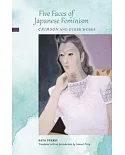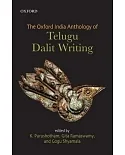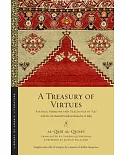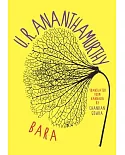This volume includes three novellas by Rabindranath Tagore, who remains the greatest influence on Bengali language and literature today. The first novel, Nashtanir ('Broken Home'), was
published in 1903; after a gap of three decades, Dui Bon ('Two Sisters') and Malancha ('The Garden and the Gardener') were published in 1933 and 1934 respectively.
In these three works, Tagore depicts the plight of Charulata, Urmimala, and Sarala by placing them in a new world where they are perceived as rational and desiring subjects constrained by
domestic norms. Forbidden relationships mark the central narrative of Nashtanir, Dui Bon, and Malancha. While Nashtanir portrays love between an elder sister-in-law and a younger
brother-in-law, Dui Bon deals with the relationship between an elder brother-in-law (sister's husband) and sister-in-law (wife's sister). In Malancha, we have an affair between a married man
and a distant cousin who comes to look after his wife and the garden that he and his wife had tended. In all three works, however, ultimately the bond of marriage wins and remains, at least
technically, unbroken. But an incessant desire to express their voice outside the four walls, a sense of mental void due to marital obligation, and an illegitimate longing for an extra-marital
love bind our protagonists (Charulata, Urmimala, and Sarala) in a common thread and form a unique sisterhood. There is also the understated theme of the emergence of the 'new woman'-a woman
with personality and thoughts of her own.
Translated by Sukhendu Ray, this collection also includes an insightful Introduction by eminent historian and cultural critic, Bharati Ray.





















